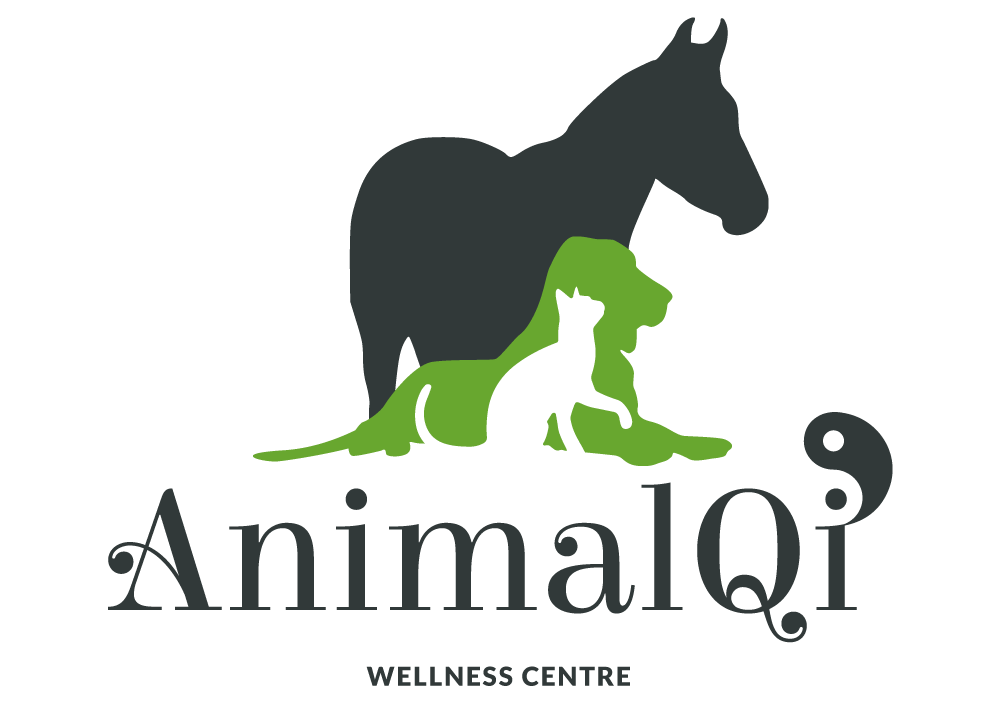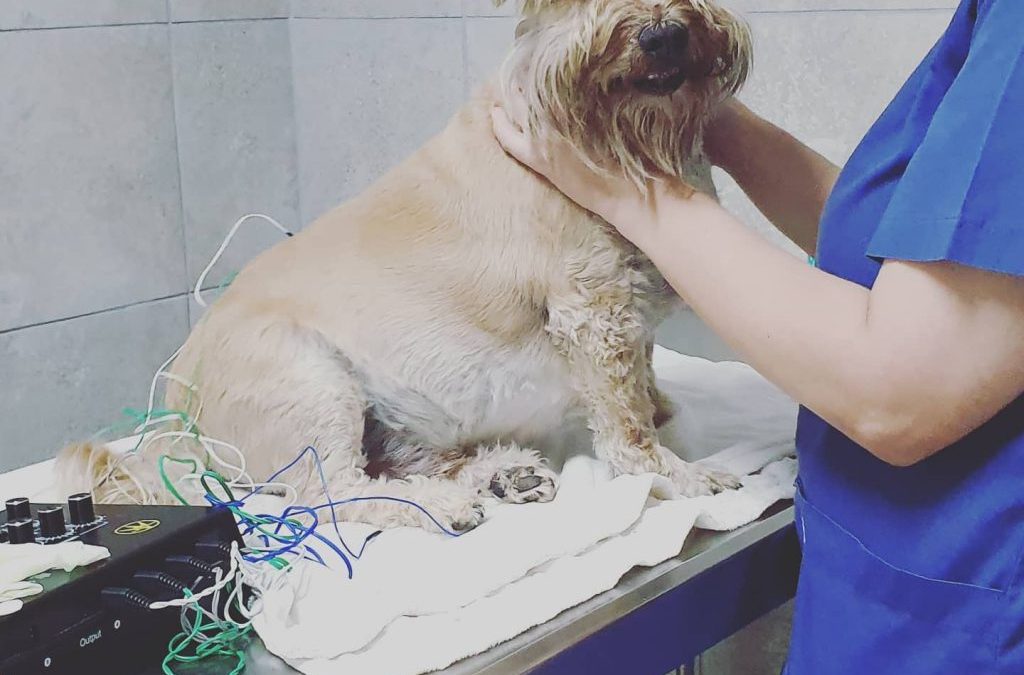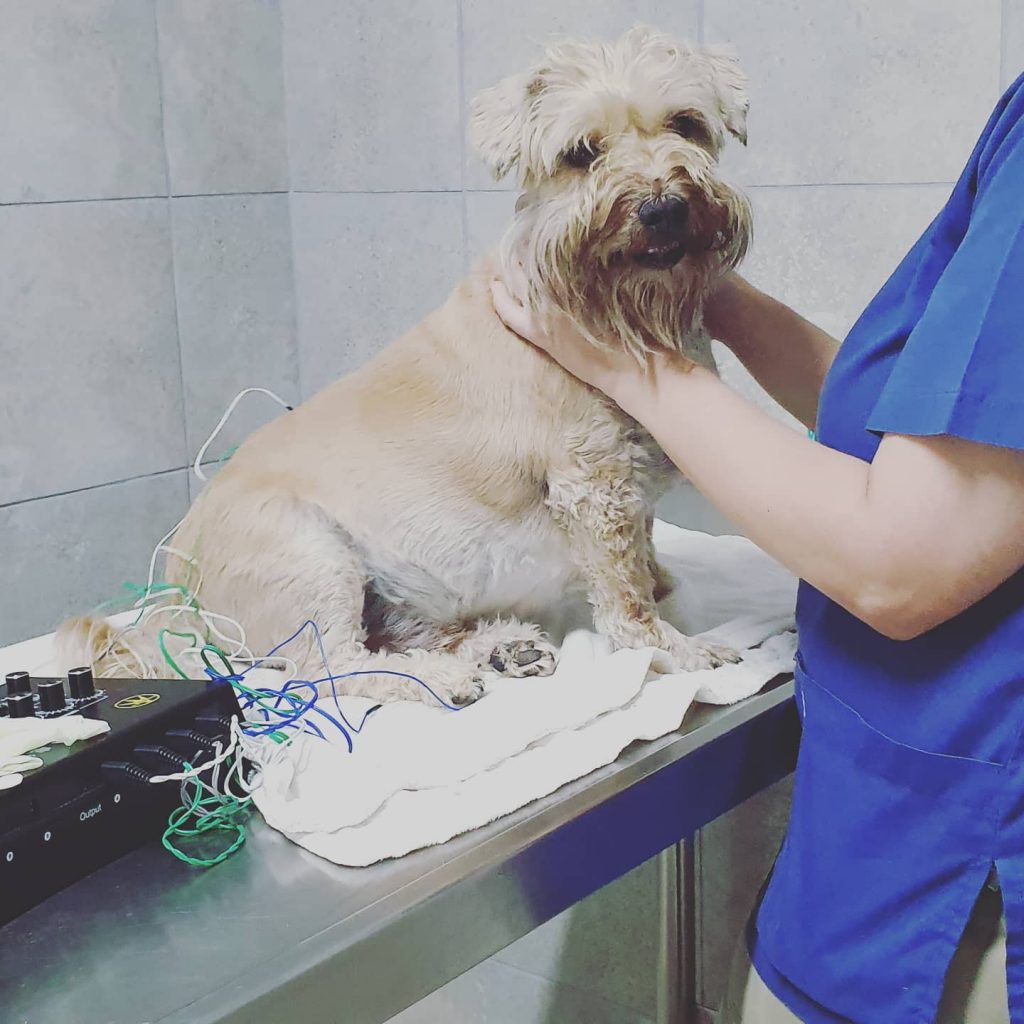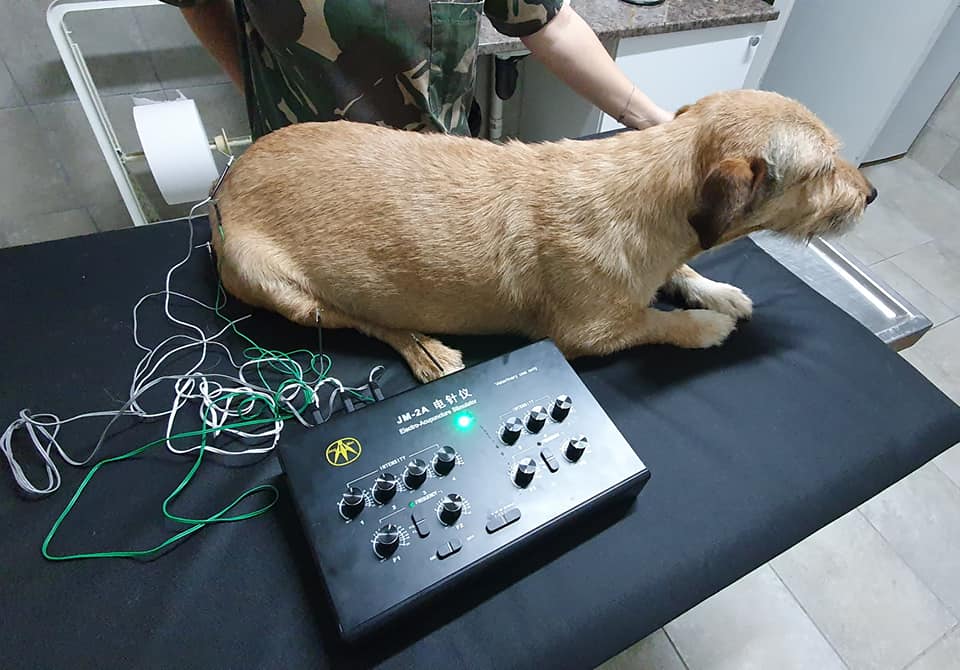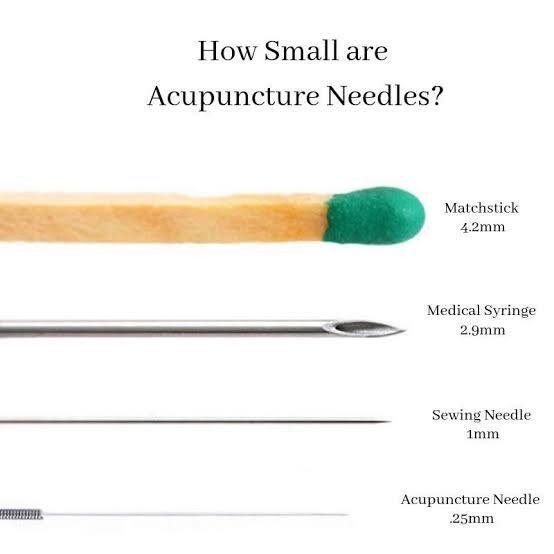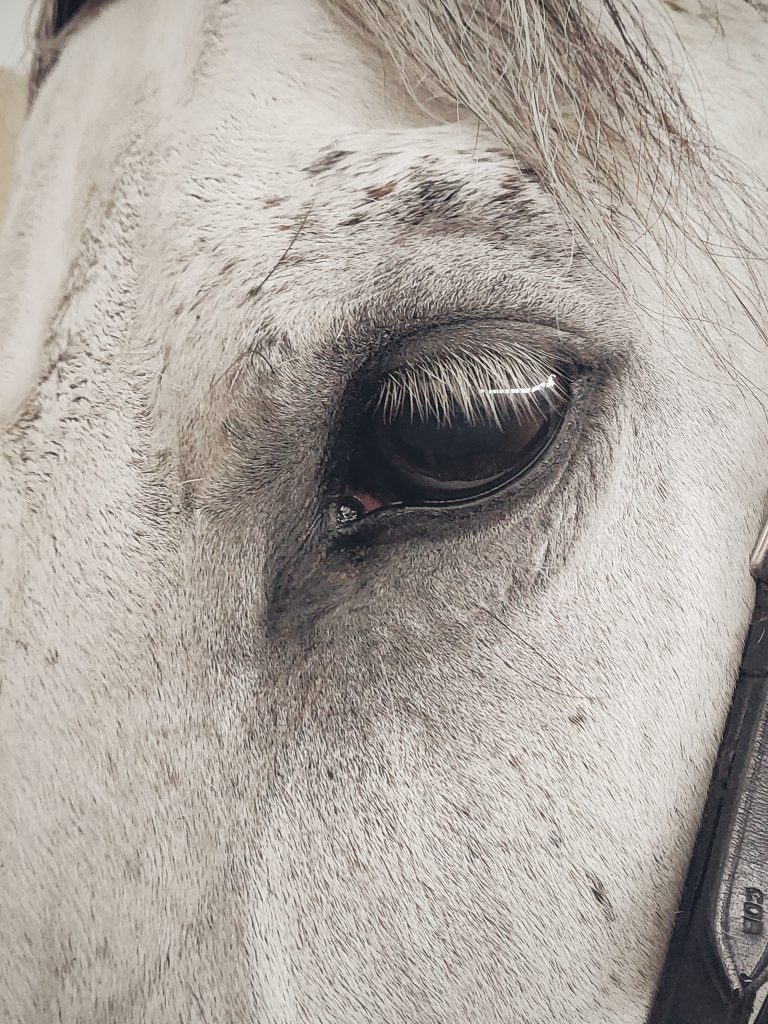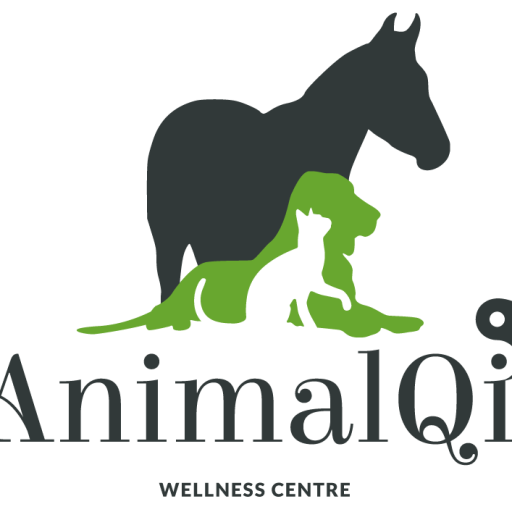
Pet Personalities
Information
What’s your Pet Personality?
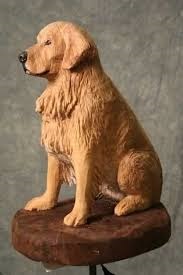
Wood: The General
Organs: Liver and Gallbladder
In TCVM the liver is in charge of tendons and ligaments and bosses the other organs around. The wood element opens the eyes. Wood animals are good at the competition and have great musculature, self-confidence, and an air of purpose. The negative side comes when they are prevented from doing what they want and they can become angry, frustrated, or even aggressive.
Personality Traits:
- Dominant
- Speedy
- Impatient
- Bossy
- Competitive
- Quick to anger
- Adapts to change quickly
Prone to:
- Hypertension
- Stroke
- Allergy
- Depression
- Hysteria
- Neurosis and eye problems
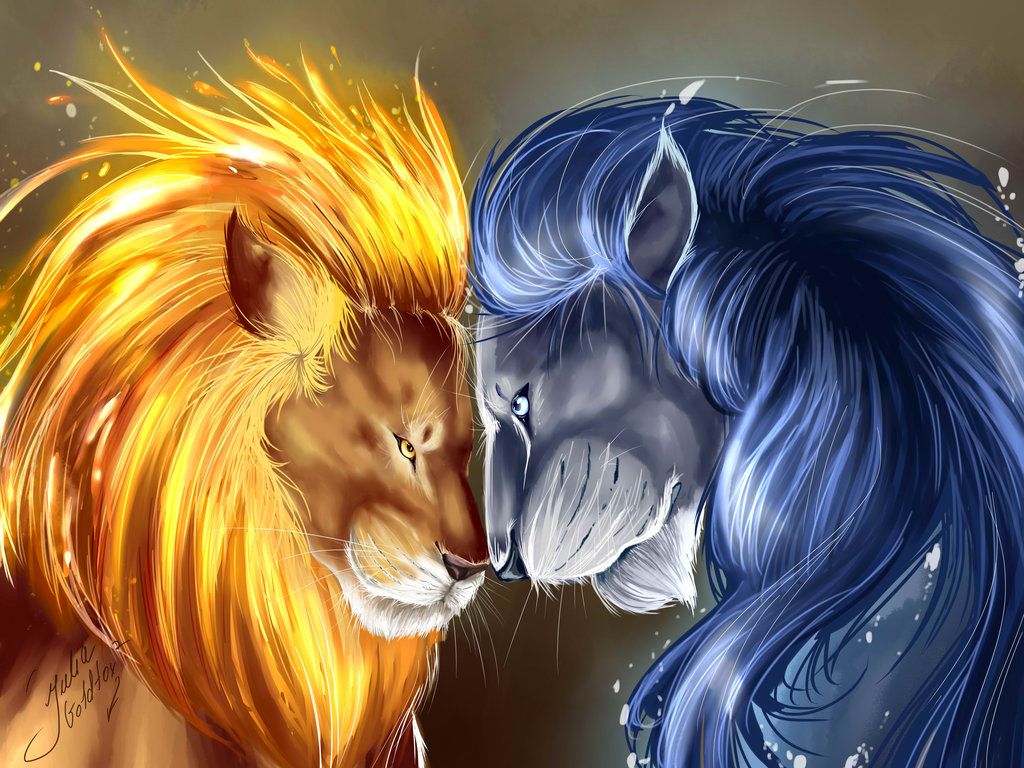
Fire: The Emperor
Organs: Heart
In TCVM the heart is considered to be the ruler of general mental state. Fire animals are usually very eye catching and tend to be finer and more delicate. They love attention and are friendly to people. They are playful and love to be with others. Fire animals like to show off and have and audience.
Personality Traits:
- High energy
- Easily excited
- Extroverted
- Enjoys physical contact
- Social butterfly
- Difficult to calm down
Prone to:
- Heart disease
- Restlessness
- Heat stroke
- Sudden death
- General and separation anxiety

Earth: Feeds Others
Organs: Spleen and Stomach
In TCVM the spleen is in charge of the overall digestive proses, muscle formation, general strength and holding muscles and organs in place. Earth animals tend to be the easiest to train and are sweet natured and very food motivated. Earth animals are safe, grounded, reliable and dependable. They like to be comfortable and working hard is not appreciated.
Personality Traits:
- Nurturing
- Supportive
- Loyal
- Easy going
- Kind
Prone to:
- Worry
- Gastrointestinal upset
- Edema
- Cholic
- Diarhea
- Obesity
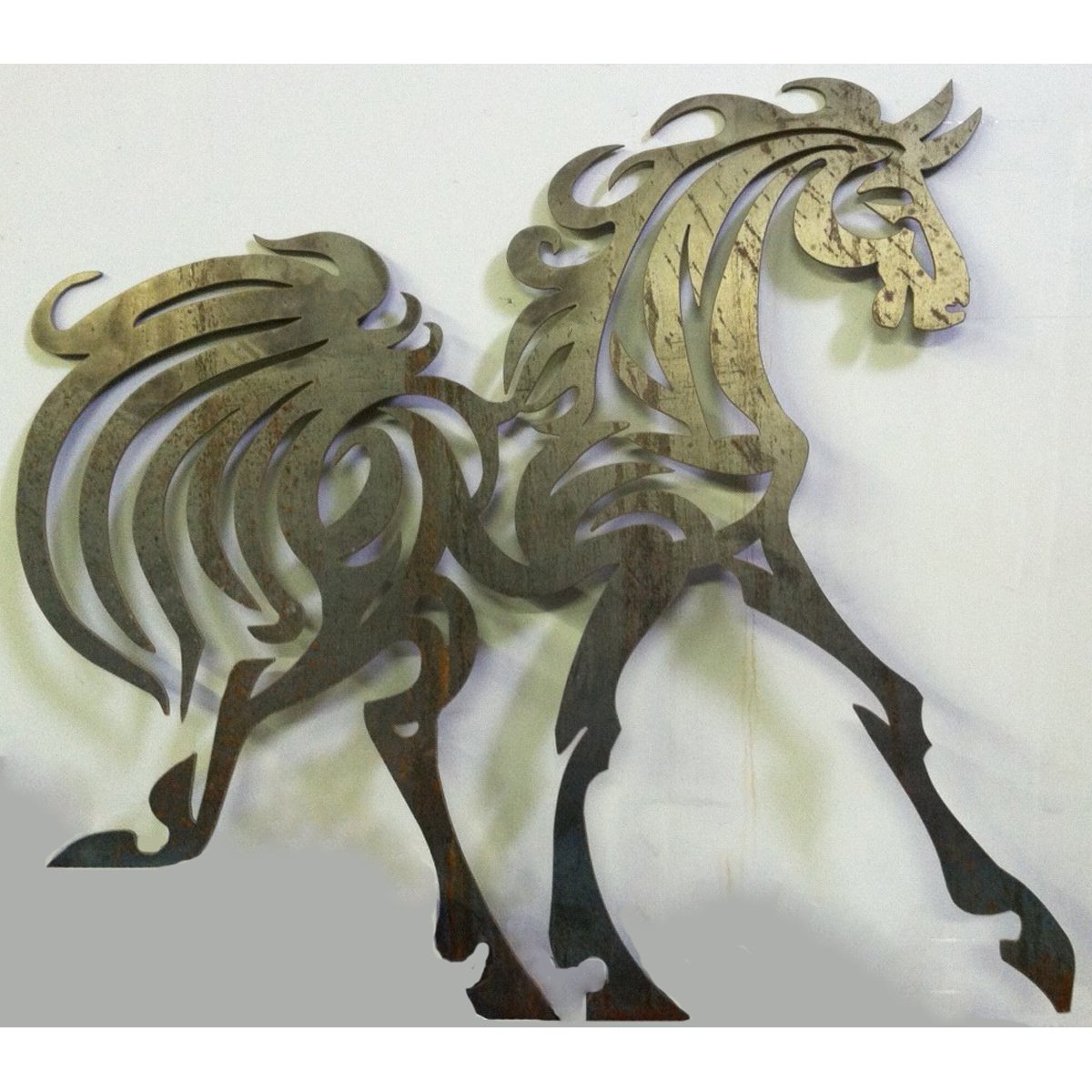
Metal: The Prime Minister
Organs: Lungs and Large Intestine
In TCVM the lungs function is to move water throughout the body and to acquire and distribute cosmic Qi (oxygen). Metal animals like a regime and order. Training should be regular, routine and scheduled. Metal animals associated with strength and accuracy, they are also polite and see extreme behaviors as breaking the rules.
Personality Traits:
- Aloof
- Dignified
- Confident
- Leader
- Neat
- Excellent self control
Prone to:
- Nasal congestion
- Frequent colds
- Cough
- Skin issues
- Constipation
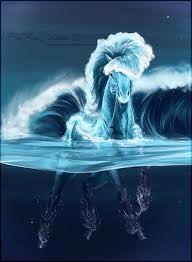
Water: Water Manager
Organs: Kidney and Bladder
In TCVM the kidneys govern water, flight or fight, bones, sex organs, hormones and the essence of life. It is important to start training at an early age to help them overcome stressful situations and to introduce them to as many people and environments as possible. Increasing water pets self confidence will help their personality bloom. They respond best to positive reinforcement, as punishment can worsen bad behavior. Water pets take a long time to gain trust, and if they are rushed, they will run, both mentally and physically.
Personality Traits:
- Loving with Family
- Suspicious of strange smells, people, places and sounds
- Cautious
- Introverted
- Quiet
Prone to:
- Lower back and hip pain
- Infertility
- Edema
- Depression
- Urinary infection
- Deafness
- Panic attacks
